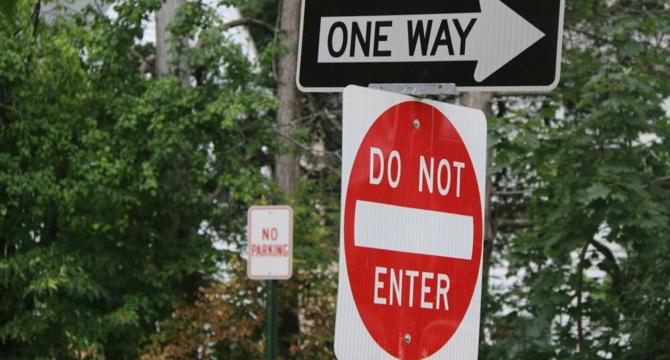TechBullion
1d
93

Image Credit: TechBullion
Lines in the Silence: Who Draws the Boundaries of Ownership?
- Suppressors have a complex history shaped by cultural unease, media influence, and shifting policies, impacting who can access these devices.
- Legal disqualifications for suppressor ownership go beyond felonies to reflect society's fears, biases, and narrative control.
- The disqualification process for suppressors extends into social factors like race, class, identity, and profession, impacting who is deemed trustworthy to possess such tools.
- Suppressor disqualification is not just a safety measure but a reflection of societal fears and power dynamics, often disproportionately affecting certain communities and individuals.
Read Full Article
5 Likes
For uninterrupted reading, download the app